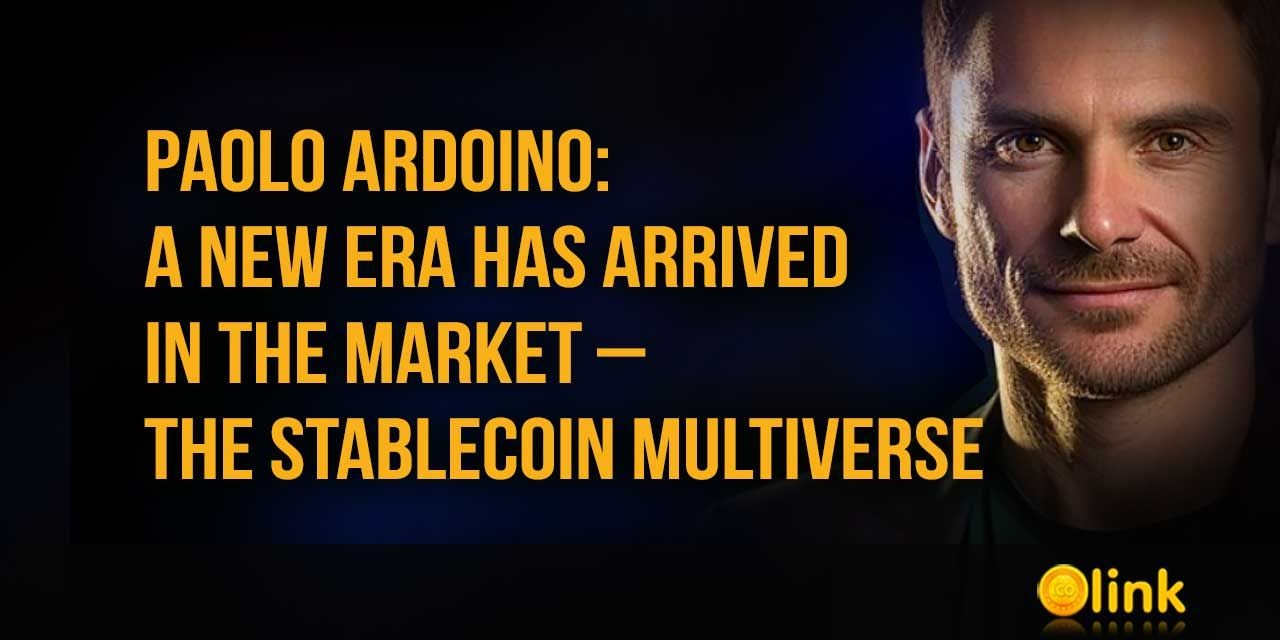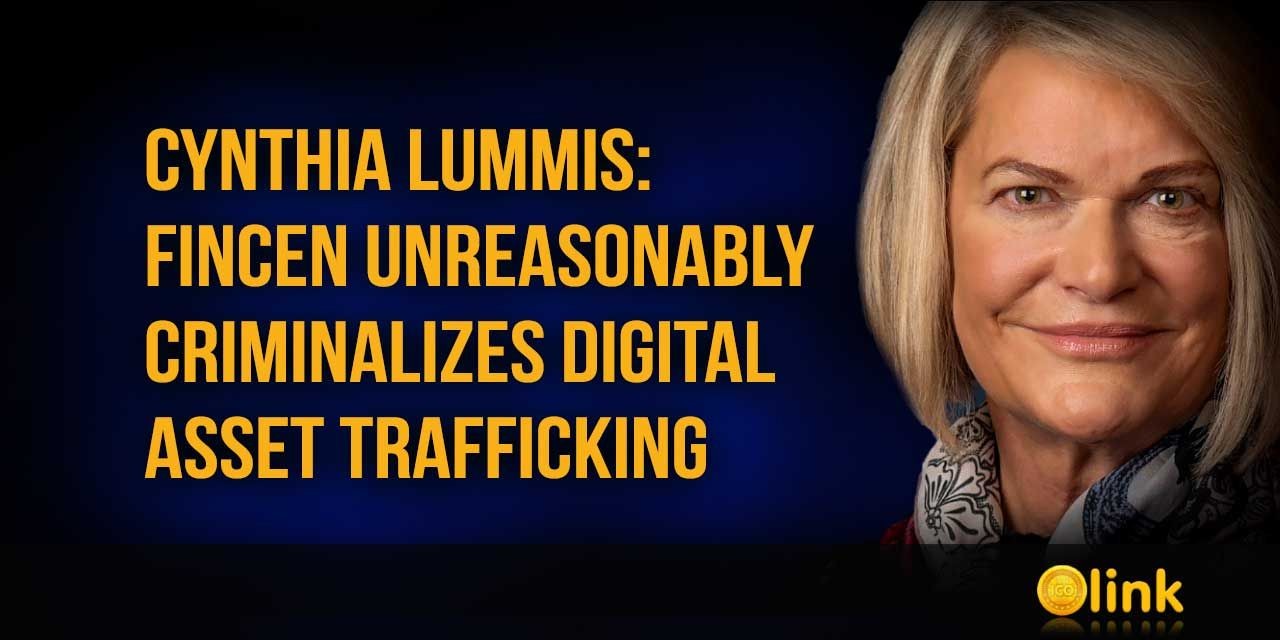digital asset
Here you will find all posts tagged digital asset
About digital asset ℹ️
A digital asset refers to any form of data or content that exists in digital form and has economic value. These assets can range from cryptocurrencies like Bitcoin and Ethereum to digital representations of real-world assets such as stocks, bonds, or real estate. Digital assets are stored and managed using blockchain technology or other distributed ledger systems, which provide transparency, security, and immutability. They can be transferred, traded, and exchanged electronically, often without the need for intermediaries like banks or financial institutions. Cryptocurrencies: Digital currencies like Bitcoin, Ethereum, and Litecoin that operate on decentralized networks and are used as a medium of exchange, store of value, or unit of account. Tokens: Digital tokens issued on blockchain platforms such as Ethereum, representing ownership of assets, access to services, or participation in decentralized applications (DApps). Non-Fungible Tokens (NFTs): Unique digital tokens that represent ownership of digital or physical assets, such as artwork, collectibles, or virtual real estate. Digital Securities: Digital representations of traditional financial instruments, such as stocks, bonds, or derivatives, that are issued and traded on blockchain-based platforms. Digital Commodities: Digital representations of physical commodities like gold, silver, or oil, allowing investors to gain exposure to commodity markets without physically owning the underlying assets. Overall, digital assets represent a new and rapidly growing asset class that offers unique opportunities for investment, innovation, and financial inclusion in the digital age. As blockchain technology continues to evolve and mature, the potential applications and value of digital assets are likely to expand, shaping the future of finance and commerce.









